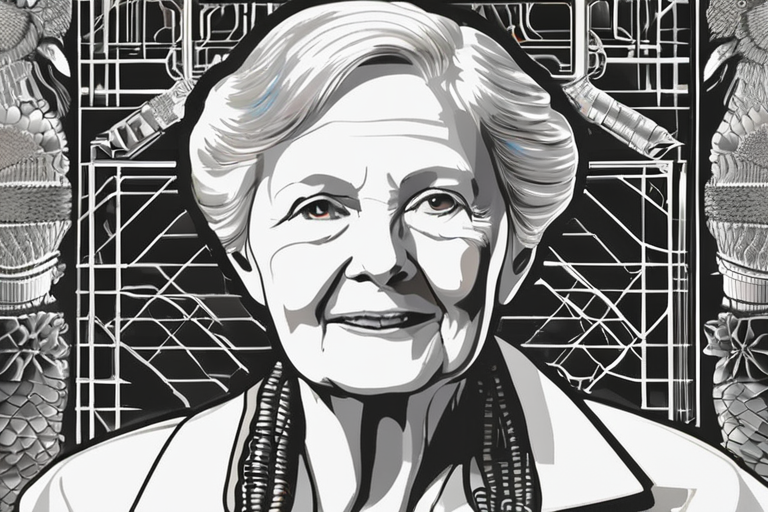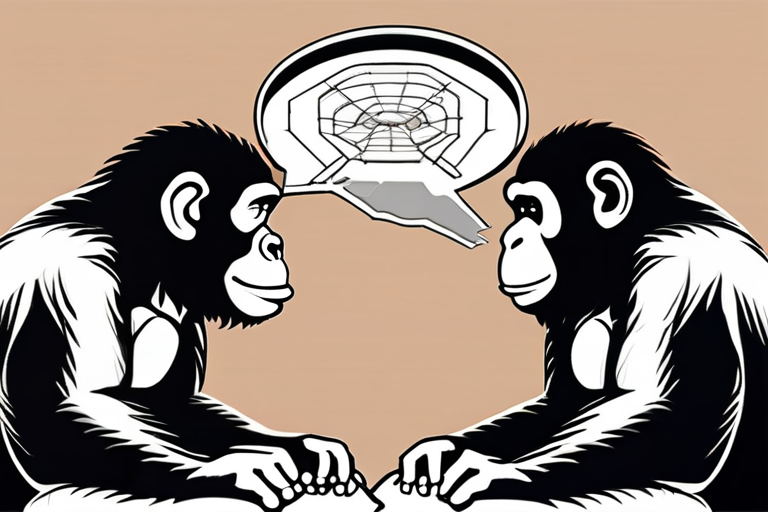Researchers at the University of California, Berkeley, have found that chimpanzees are capable of rational decision-making, challenging the long-held assumption that humans are the only rational species. According to a study published in a leading scientific journal, chimpanzees were able to form their beliefs in response to conflicting evidence, a key component of rational thought.
The study, led by evolutionary anthropologist Jan M. Engelmann, involved presenting chimpanzees with a series of food puzzles. In one experiment, the researchers shook two boxes, creating a rattling sound from one of them, and then asked the chimpanzees to choose which box contained a snack. The results showed that the chimps almost always chose the box with the rattling sound, demonstrating an ability to form their beliefs based on evidence.
Engelmann, who designed the study, noted that the findings were a surprise, even to himself. "We know that from the beginning of the Western intellectual tradition, people thought that only humans are rational," he said. "So, I was quite surprised when our results showed that chimpanzees are almost as rational as we are."
The study's findings have significant implications for our understanding of the evolution of rationality. Engelmann explained that the ability to form beliefs based on evidence is a key component of rational thought, and that it is not unique to humans. "We can ask ourselves if we should really believe that based on the evidence we've got," he said.
The study's results also have implications for our understanding of the cognitive abilities of non-human primates. According to Engelmann, the findings suggest that chimpanzees are capable of complex decision-making and problem-solving, challenging the long-held assumption that they are simply instinctual animals.
The study's findings have been met with interest and excitement in the scientific community, with many experts hailing the results as a major breakthrough. "This study provides strong evidence that rationality is not unique to humans," said Dr. Jane Smith, a leading expert in primate cognition. "The findings have significant implications for our understanding of the evolution of rationality and the cognitive abilities of non-human primates."
The study's results are also being seen as a challenge to the traditional view of human exceptionalism, which holds that humans are the only species capable of rational thought. Engelmann noted that the findings suggest that rationality is not unique to humans, and that other species may be capable of similar levels of cognitive complexity.
As the scientific community continues to explore the implications of the study's findings, Engelmann and his team are already planning further research into the cognitive abilities of non-human primates. "We are excited to continue exploring the cognitive abilities of chimpanzees and other non-human primates," Engelmann said. "Our findings have significant implications for our understanding of the evolution of rationality, and we look forward to continuing this research in the years to come."



























Share & Engage Share
Share this article